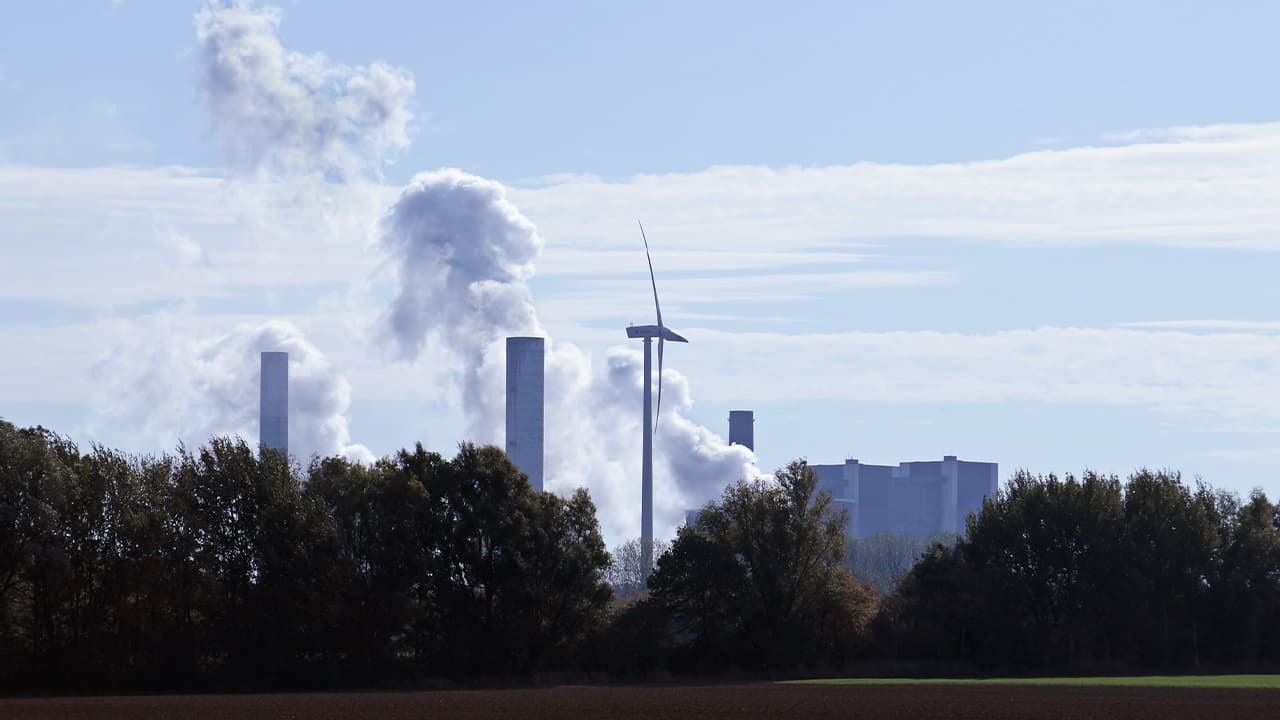People living in large industrial cities have to breathe air oversaturated with harmful and toxic substances that are emitted into the atmosphere by industrial enterprises. The extent of the pollution depends on the size of the enterprise and the raw materials consumed. The enterprises of ferrous and nonferrous metallurgy, chemistry and petrochemistry, building industry, energetics, fuel industry have a great influence on air pollution.
Thermal power plants pollute the atmospheric air with hydrocarbon oxides, nitrogen, sulfur. Chemical industry enterprises producing medicines, household chemicals, fertilizers and many other products used almost in all cases of life emit up to 80 thousand different chemicals into the air. During the production of construction materials, especially such as cement, glass, asphalt concrete, the air is polluted with dust, lead compounds, nitrogen oxide, hydrogen fluoride and others.
In many countries around the world, electricity production is one of the main sources of air pollution. Coal-fired power plants make a significant contribution to air pollution. The use of diesel generators in areas not connected to the general power grid is a growing concern. Industrial manufacturing processes and the use of solvents in the chemical and mining industries also pollute the air.
Policies and programs aimed at improving energy efficiency and expanding renewable electricity generation have a direct impact on air quality in various countries. To date, 82 of 193 countries around the world have implemented incentive measures that promote greater investment in renewable energy and cleaner production processes, as well as energy efficiency and/or pollution control.


